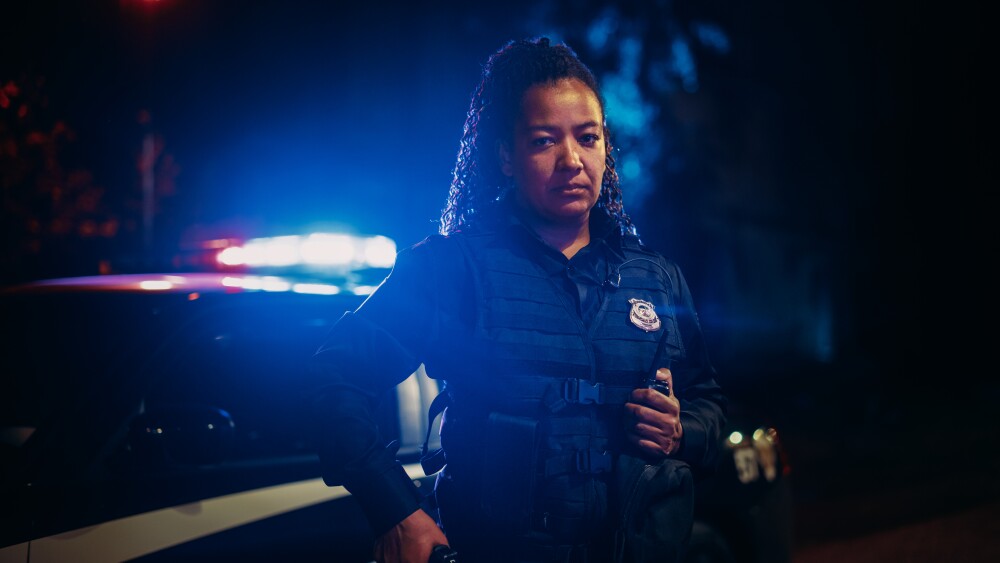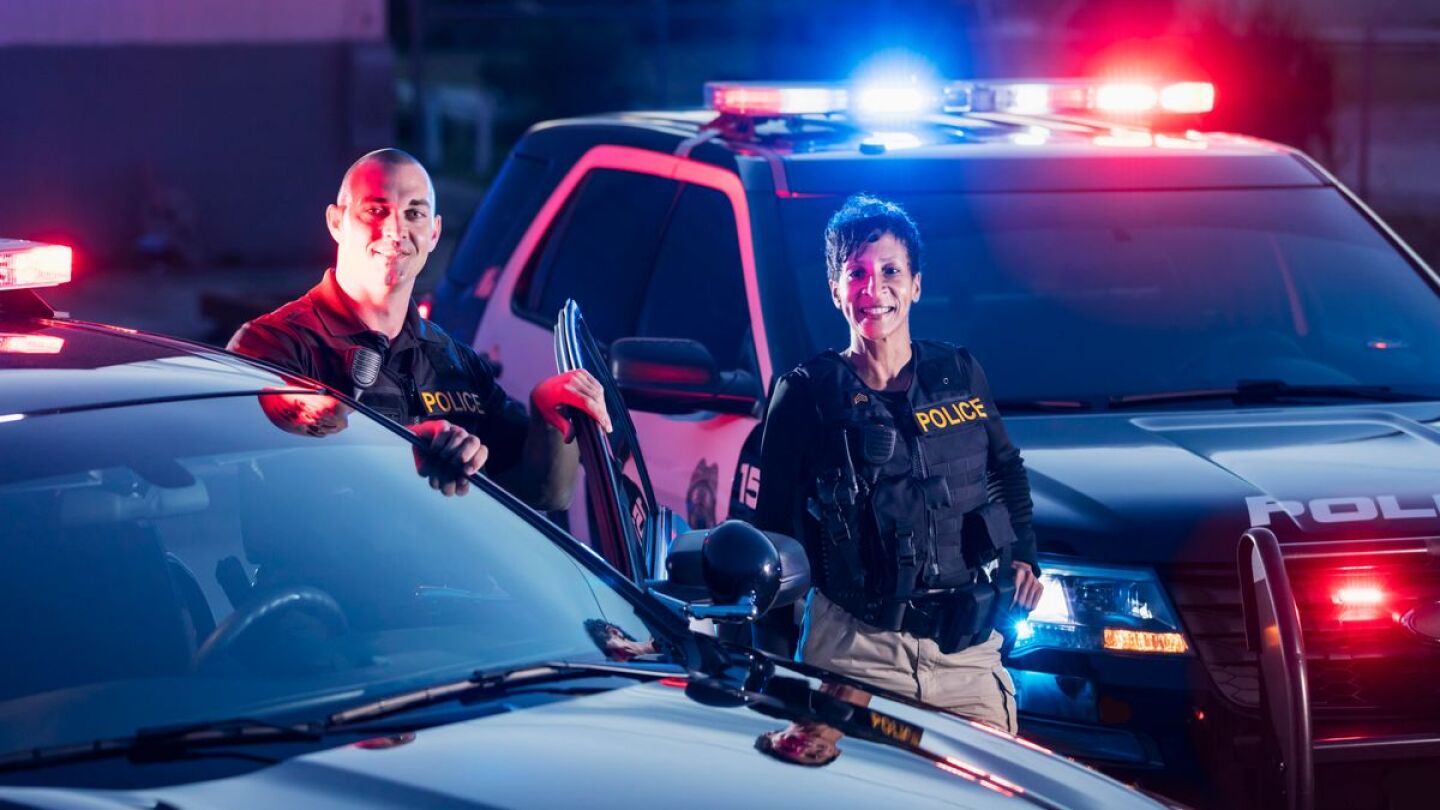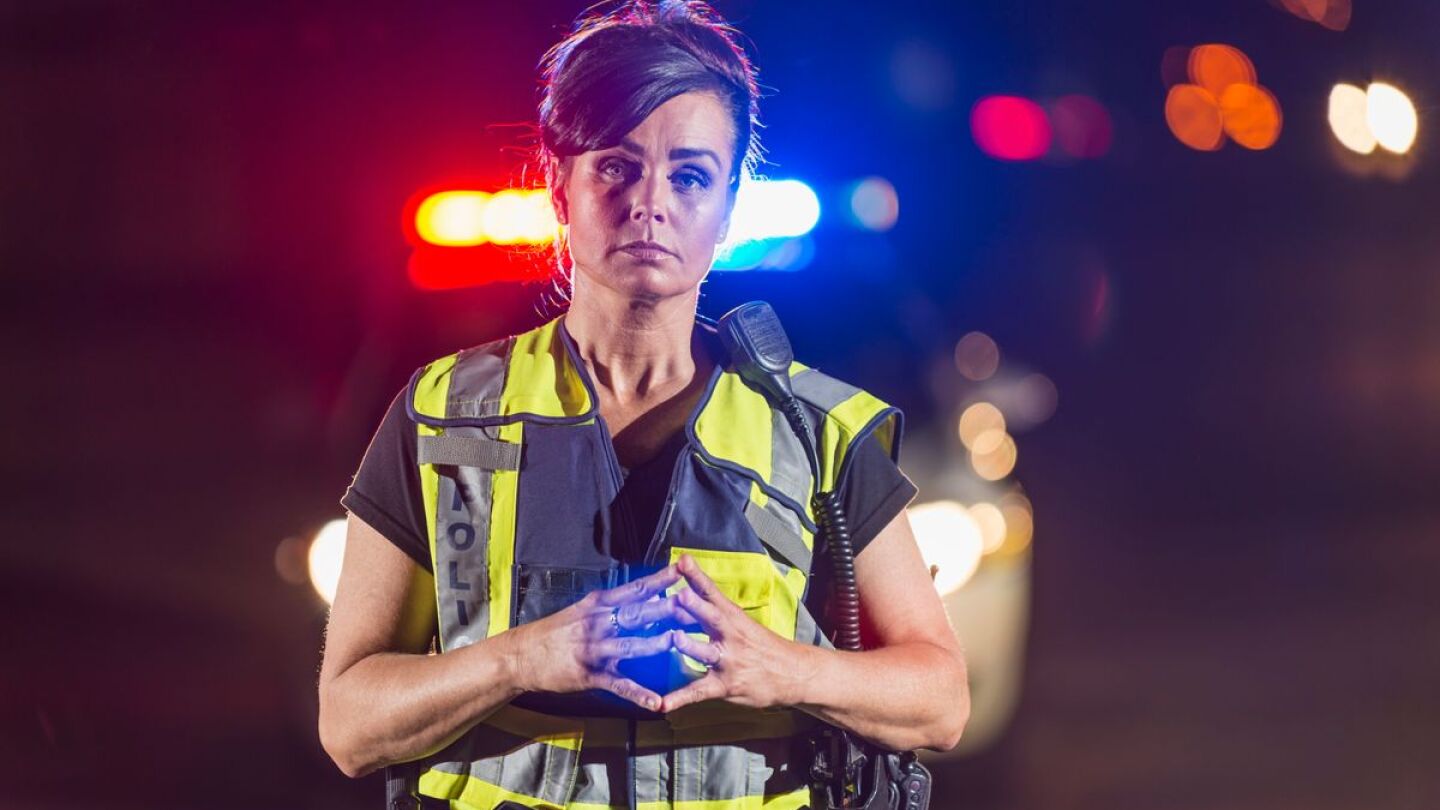By Jennifer Atherton
The following pertains to a cultural context rather than any specific organization or agency.
I have encountered a troubling increase in rhetoric questioning the suitability of women in law enforcement since the horrific attempted assassination of former President Trump. When I saw a female Secret Service agent on camera, I anticipated the inevitable backlash for something. There is always something. Unfortunately, the volume and intensity of the criticism have been overwhelming.
Numerous posts and articles, authored predominantly by men who have never served as police officers, argue that women have no role in law enforcement. Some comments came from male officers who felt compelled to “finally say it,” while others originated from spouses of officers who expressed concern for their partners having to support female colleagues.
Some women can’t fathom the idea of doing police work, so they assume other women aren’t up to the task. There are even a few female officers disparaging other police women, claiming they are the exception.
After considerable reflection, I concede that their comments contain a kernel of truth. Perhaps we shouldn’t endure these roles under such scrutiny.
Yet, we keep showing up.
From day one, the challenges have been formidable. We have always been tasked with “proving ourselves” to our male counterparts who face no such burden.
Still, we show up.
On our first days on the streets, we are often confronted with derogatory remarks: “Are you a bitch or a whore? Because every female cop is one or the other.”
Right out of the academy, we are labeled “fresh meat,” and subjected to rampant sexual harassment, which becomes a normalized part of our work environment. Silence is our only option; complaining internally could end our careers and lead to being ostracized. Complaining publicly could get us fired. A single mistake brands us as affirmative action or diversity hires, while our male counterparts are afforded the grace of human error. We are held to a different standard.
Yet, we keep showing up.
We are frequently overlooked for career-advancing training. We are consistently placed last in line for running warrants. Minor infractions result in disproportionate punishment, while others escape unscathed. If we participate in conversations, we are labeled pushy; if we stay silent, we are snobs. Expressing frustration at any of this is seen as a sign of mental instability. Achieving a position on an elite squad is dismissed as tokenism, with assumptions that we must have provided sexual favors to earn our spot. According to these critics, there is no conceivable way that we could have rightfully earned that spot over a male colleague. Our competence is constantly questioned.
Yet, we keep showing up.
Heaven forbid we become pregnant. Accusations of using pregnancy as an excuse to avoid work are common. We are often relegated to using inadequate facilities for pumping milk when returning from maternity leave and discussing these challenges is deemed inappropriate. While our colleagues can take extended breaks without scrutiny, we are criticized for taking too long. We are expected to manage our responsibilities at home, yet when our children fall ill, we are seen as an inconvenience.
Yet, we keep showing up.
We may encounter supervisors who are notorious for their misogynistic behavior, but rest assured, they will be promoted and become someone else’s problem. Should we dare speak out against such injustices, we will be ignored and dismissed as “messy.”
Yet, we keep showing up.
In addition to facing the usual challenges from those who oppose law enforcement, we endure additional biases. Yet we perform the same duties as our male colleagues: administering CPR, rescuing individuals from burning vehicles, apprehending armed criminals and comforting grieving families. We willingly face the same dangers, contributing our blood, sweat and so many tears, just like every other officer.
To those men who are upset at the mere presence of female officers, we implore you to pinpoint exactly where on your ego that it hurts.
To those women whose ovaries shudder at the thought of women in law enforcement, you are correct, ma’am, this work is not for you. To the men purporting to be police behind anonymous accounts, show yourselves, cowards. To the concerned spouses, bless your hearts.
And to the female officers who disparage their sisters in an attempt to try to “fit in,” remember the words of Madeleine Albright: “There is a special place in hell for women who don’t help other women.”
We really shouldn’t have to endure this. Yet, we keep showing up. Despite disapproval, we persist. Even as the criticism grows louder, we remain steadfast.
We truly should not be doing this. Yet, we keep showing up. Despite your disapproval, we will continue to show up. Even as you amplify your derogatory remarks, we will still be there.
It takes a special kind of person to subject themselves to such circumstances, to keep showing up, to engage in grueling fights and continue fighting, to return home covered in sweat, muscles aching and utterly exhausted, only to be confronted with your hateful words. Yet, we will show up again tomorrow. Few possess the fortitude to do so. Female officers exhibit this strength every single day. So, by all means, fire up your keyboard. We will simply keep showing up, fully aware that you could never withstand the demands of our job.
To my sisters in blue — we see you. Keep showing up.
About the author
Jennifer Atherton is the president of the Dallas Police Women’s Association.
NEXT: The 30x30 Initiative aims to increase the representation of women in police ranks to 30% by 2030. This video dives deep into why this is crucial for better policing and how departments nationwide are making strides toward this goal.











